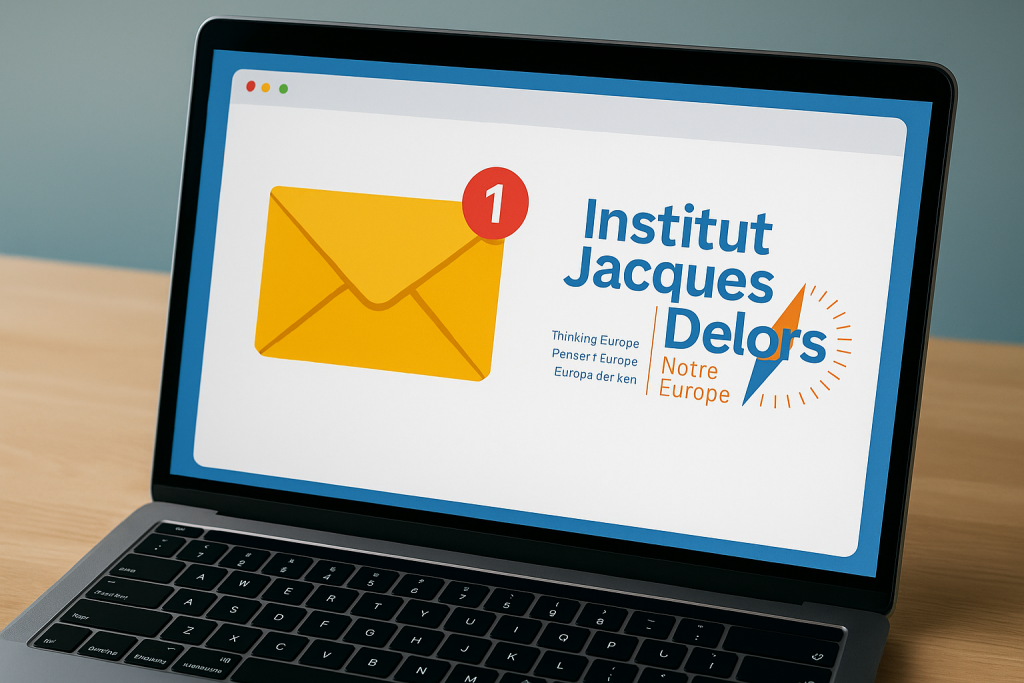Promoting peace is not the same as fighting war
Newsletter December 2023

It is almost commonplace to point out that European integration has undoubtedly been a successful means of promoting peace. It has essentially been based on the economy, with the idea that development and prosperity would ward off war. Many stress that this has not been combined with and complemented by a process of political integration. This is regrettable, but as history is never rewritten, perhaps a process of political integration between countries with such different histories would not have been possible, or at least would not have produced the same results. All initiatives in this area have been fraught with pitfalls and doomed to failure!
However, it has to be said that promoting peace is not the same thing as fighting war. When war breaks out, it is most often the result of actors who, for reasons for which they may or may not be responsible, have failed to take advantage of the conditions of peace and the associated economic opportunities. Regrettably, violence is then the means they choose to try to rebalance the balance of power in their favour. Trade is no longer enough, even if it was never enough. Isn’t war first and foremost the continuation of politics by other means?
Economic globalisation is another illustration of the limits of economic integration, and after 30 years of believing that the end of history could mean the victory of economic prosperity over everything else, inequalities, climate change and wars are catching up with both globalisation and the European Union. Europeans find themselves at a crossroads, forced to adopt a more political, even geopolitical approach to a number of issues and challenges. The Jacques Delors Institute’s publications in November, including the two reports, perfectly illustrate the issues at stake, can be summed up all too succinctly in this way.
The first, “The EU and China between de-risking and cooperation: scenarios to 2035“, edited by Sylvie Bermann and Elvire Fabry, examines the EU’s relationship with China. Bringing together a group of experts tasked with exploring scenarios for this relationship up to 2035, it aims to identify the most decisive factors in the evolution of this relationship in a global, conflict-ridden and inward-looking world. It highlights both the complexity of these developments and the challenges they pose for Europeans and Europe as a whole, which must equip themselves with the tools they need to prevent systemic rivalry from taking precedence over partnership and competition, and to position the EU in a position to defend European interests against determined geopolitical players.
The second, “Energy Union 2.0. to deliver the European Green Deal“, written by Camille Defard, calls on Europeans to strengthen European governance, funding, instruments and democracy to ensure that the European Green Deal is implemented. This Energy Union 2.0 must guarantee a secure, sustainable, competitive and affordable energy supply for EU consumers, while moving towards carbon neutrality by 2050. The many recent crises and conflicts have reinforced the need, indeed the urgency, of this approach to safeguard security of supply, European competitiveness and social cohesion in the face of an unstable and conflict-ridden world and neighbourhood. Will the European Union manage to embark on a more political integration in the years to come, so as to enlarge without diluting itself, and so that its security and prosperity are a matter of choice and control rather than a response to crises and conflicts in its neighbourhood or the sometimes contradictory injunctions of allied countries?




